North Dakota Debt Settlement
North Dakota, home to approximately 762,000 residents, has the fourth lowest population within the United States despite covering an area of 70,761 square miles that places it nineteenth in terms of geographic size. Given its relatively small population and somewhat substantial size, North Dakota ranks fourth lowest nationally in population density, with only 10.73 residents per square mile.
Natural resources, particularly oil extracted from the Bakken shale formation, play a significant role within the North Dakota economy, providing numerous jobs that contribute to the state having the second lowest unemployment rate (2.4% as of December 2019) in the nation.

Farms and ranches cover nearly all of North Dakota, and soil is considered the state’s most precious resource, as it lay at the foundation of its strength in agriculture. Accordingly, the North Dakota economy is based heavily on farming, with many factories manufacturing farm equipment and processing farm products.
Apart from wheat being grown in nearly every county, North Dakota produces over 90% of the country’s canola and flax seed, and is a leading producer of barley, beans, honey, lentils, sunflower seeds, oats, peas and sugar beets. In addition to the large oil reserves held within the Bakken shale formation, North Dakota’s abundant mineral resources include billions of tons of lignite coal. According to the St. Louis Fed, Total Gross State Product for North Dakota in 2018 came in at $56.1 billion, ranking 47th in the nation.
Approximately 21% of state GDP originates from natural resources and mining. Besides agriculture and petroleum, food processing and technology are major industries for the state. North Dakota consistently ranks high in job creation on a national basis each year, and has added approximately 60,000 private sector jobs over the past ten years.
Within North Dakota, Fargo is home to the second largest campus of Microsoft, (1700 employees), Amazon maintains a significant presence in Grand Forks, and North Dakota is the only state with a state-owned bank (Bank of North Dakota in Bismarck) and state-owned flour mill. North Dakota’s 2018 median household income level of $63,837 was 3% higher than the national median household income level of $61,937.
North Dakota Economic and Debt Statistics
According to the Bureau of Labor Statistics, Arizona’s unemployment rate stood at 4.5% as of December 2019, considerably higher than the national unemployment rate of 3.5%. In terms of average household credit card debt, Arizona ranks 30th in the nation, checking in at $7,100 – almost 24% less than the national average of indebted households of $9,333.
North Dakota Economic and Debt Statistics
In terms of FICO scores, compared with the 2019 nationwide average FICO score of 703, the typical North Dakota resident’s 2019 FICO score of 727 is notably higher, and ranks the state tied for second (with South Dakota) nationwide. According to the St. Louis Fed, as of Q4 2018, the North Dakota home ownership rate checked in at 61.9%, significantly lower than the national rate of 64.8% while a recent Experian report shows average mortgage debt level of $162,702, representing an increase of 1.8% compared to 2018, and placing it near the middle of the nation, at 27th.
The median sales price of a home in North Dakota during 2019 was $218,875. Regarding student loans, data compiled in 2019 by Experian indicates that average student loan debt for North Dakota borrowers is $29,267, 17.2% lower than the national average of $35,359, 5.4% higher than in 2018 and 24% higher than it was in 2014.
North Dakota Residents and Debt Settlement
If you are a resident of North Dakota and are currently burdened by high levels of unsecured debt – including credit card accounts, private student loans, unpaid medical bills and personal loans – the process of pursuing debt settlement may make sense for you. Debt settlement occurs when a debtor successfully negotiates a payoff amount for less than the total balance owed on a debt.
This lower amount is agreed to by the creditor or collection agency and is fully documented in writing. Ideally, this lower negotiated amount is paid off in one lump sum, but it can be paid off over time. Though creditors are under no legal obligation to accept debt settlement offers, negotiating and paying lower amounts to settle debts is far more common than many people realize.
North Dakota Consumer Debt Laws
Credit Card companies and other creditors are permitted to contact North Dakota residents directly regarding debts, particularly in a situation involving delinquent payments. However, debt collection agencies are required to comply with the the Federal Fair Debt Collection Practices Act (FDCPA), and are therefore prohibited from taking certain actions.
Under the FDCPA, collection agencies are prohibited from informing employers about a debt or attempting to collect a fee in excess of any debt owed. Debt collection agencies are also prohibited from communicating in a manner that simulates a judicial process or gives the appearance of a governmental action.
Additionally, debt collection agencies are prohibited from contacting debtors or debtor family members at unusual hours or with a frequency that may be reasonably construed under the law as harassment or abuse. Unfortunately, unlike many other states, North Dakota does not have its own state law governing debt collection tactics, leaving its residents somewhat vulnerable to predatory practices that may be beyond the scope of the FDCPA.
Although North Dakota law does require debt collectors to pay a fee and obtain a license, its residents are unlikely to successfully pursue a lawsuit in the event a collector fails to do so. North Dakota residents will receive the most consumer protection from harassing and potentially abusive debt collection methods under the FDCPA.

North Dakota Statute of Limitations on Debt Collection
When sufficient time passes in a situation in which consumer debts have gone unpaid, a debt collector can lose the legal right to sue for non-payment. In North Dakota, the statute of limitations on debt collection is six years for open credit card accounts, six years for written and oral contracts, and six years for promissory notes.
For any time period, the clock begins ticking from the “date of default,” which is typically thirty days after the last payment was actually made. When debts remain unpaid prior to the statute time period elapsing in full, creditors maintain legal right to sue you for non-payment and are permitted to engage debt collection agencies who can make persistent attempts at collection – provided they remain within the bounds of the FDCPA.
Debt Settlement - Do It Yourself?
Getting out of debt is never an easy process. If debt settlement is the right avenue for you to pursue, be honest with yourself. Decide whether you possess the background, strength and fortitude to negotiate directly with creditors yourself – or whether engaging the services of an experienced and reputable debt settlement company will serve your needs best.
Remember, the goal is to save the greatest amount of money and time while minimizing any ensuing damage to your credit score and profile. A reputable debt settlement company will provide a realistic estimate and time frame for making offers to your creditors that can ultimately result in settlements that save you significant amounts of money, time, and aggravation.
Contact us here at United Settlement, where our experienced credit counselors possess relationships with the major credit card lenders and a broad understanding of the debt marketplace. We can help you navigate these waters successfully.
Debt Resources & Additional Reading
Additional Related Insights & Articles
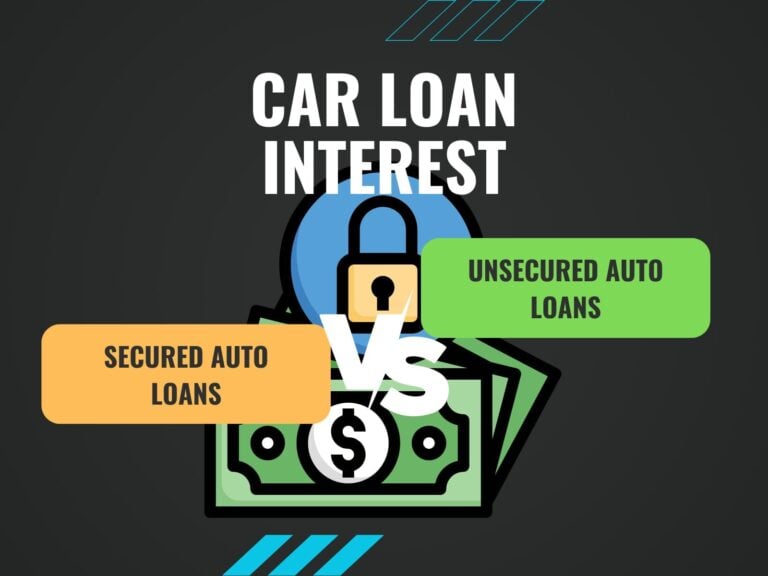
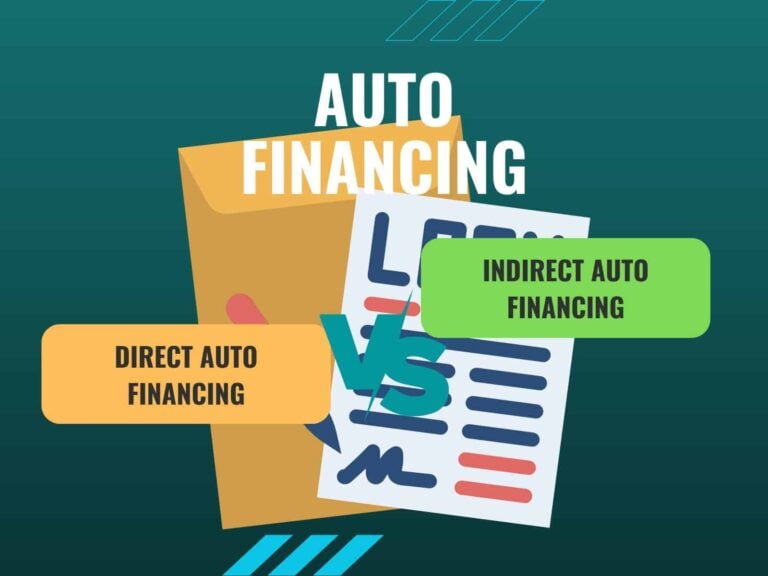



Debt Relief Reviews

Ready To Get Started?
See if you qualify for debt relief. Get a Free savings estimate to see how quickly you can be debt free.
Embrace financial freedom with our tailored solutions, expert guidance, and unwavering commitment to your success.
Experienced Professionals
Our experienced team has helped thousands of clients successfully eliminate debt and regain financial freedom.
Customized Solutions
We know every financial situation is different, so we design personalized debt relief plans to fit your specific needs and goals.
High Success Rate
Our proven debt relief strategies deliver real results. With a strong track record of success, we help clients achieve lasting financial stability.
Confidential Consultation
Your privacy is our priority. All debt relief consultations are 100% confidential and handled with the highest level of discretion.



